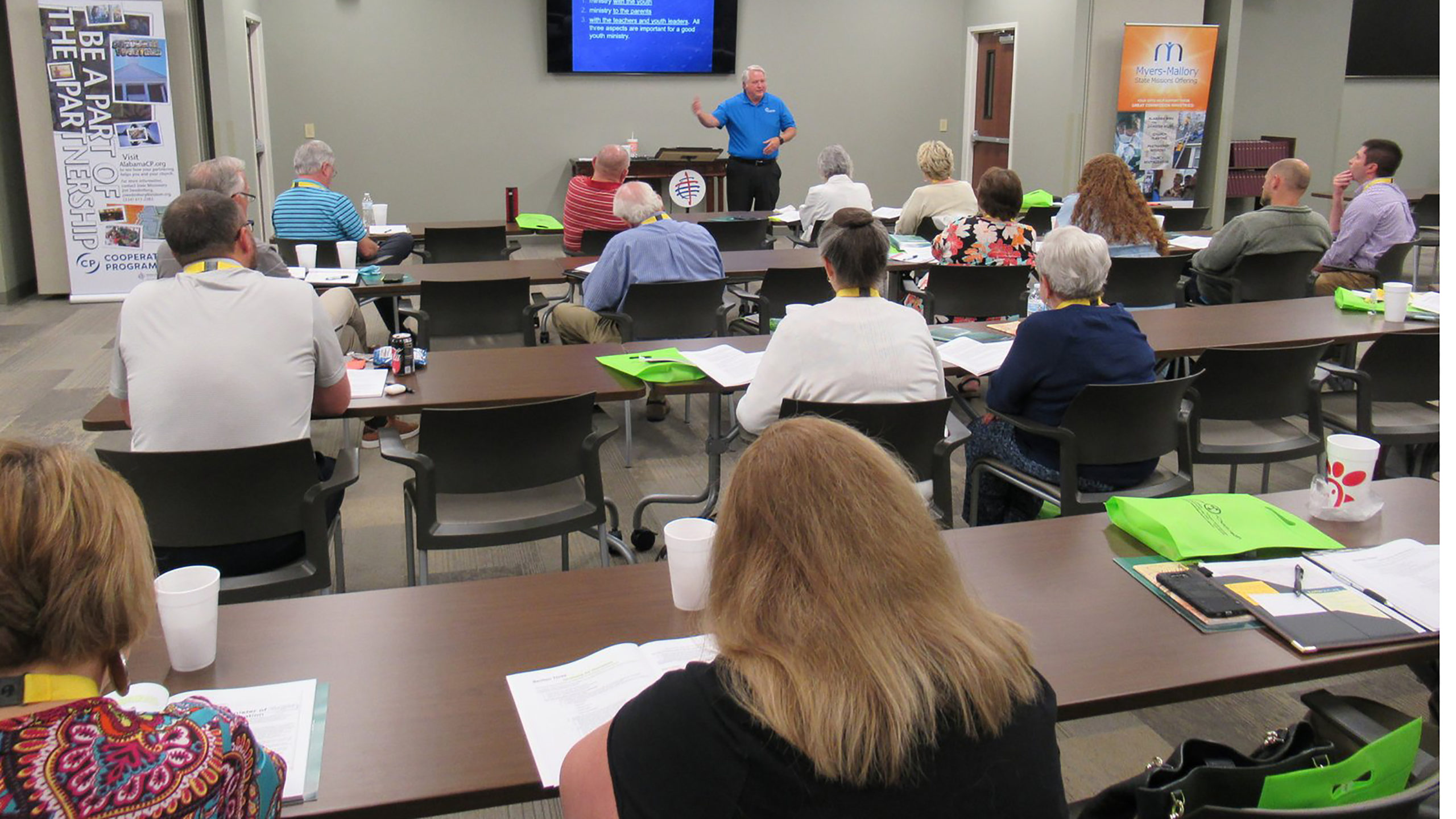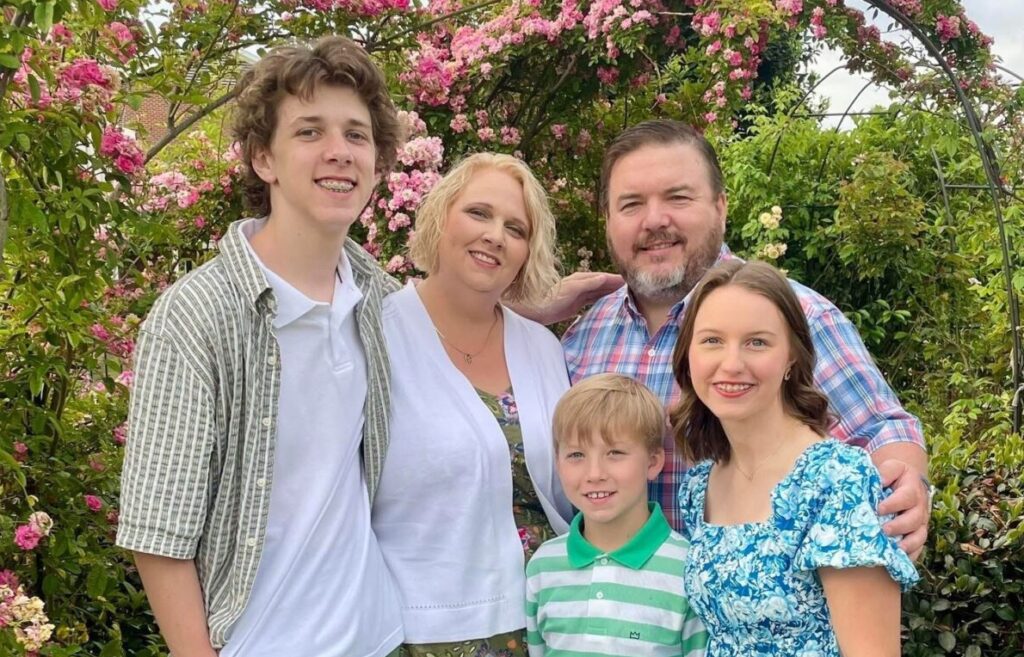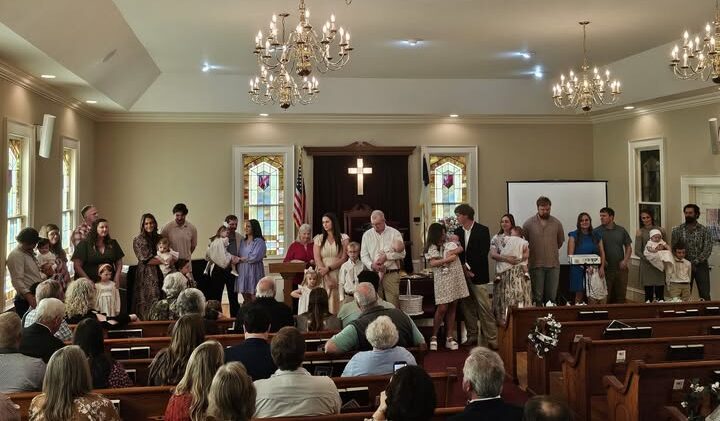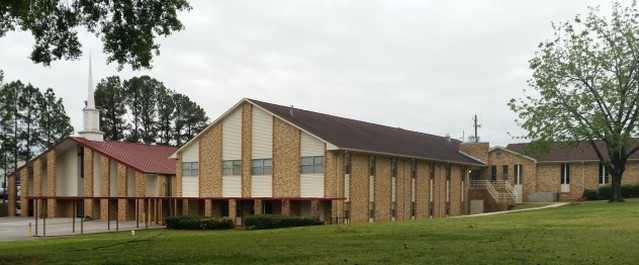The goal of every church personnel team should be to become more effective and to be an advocate for church staff, according to an Alabama state missionary.
“Who else is charged to advocate for the staff?” asked Lee Wright, coordinator of church compensation services for the Alabama Baptist State Board of Missions. “It’s your job, and I’m glad you’re here to learn how to do this better,” he told participants at a Sept. 30 Personnel Conference at the SBOM facility in Prattville.
Wright noted that coming out of the COVID-19 pandemic is a good time to make decisions about the future of churches and their staffing.
Compensation
“We’ve found the average church budget devotes about 50% to personnel expenses,” he said, “so this area is a major investment and concern for the churches.”
The median family income in Alabama is $66,700, he reported, and that should be the least amount most churches consider for a full-time pastor’s salary.
Wright noted that ordained ministers have dual tax status according to the IRS, which accounts for much confusion.
“The minister is an employee for federal income purposes, but self-employed for Social Security taxes,” he explained. “Ministers weren’t included originally when Social Security legislation was enacted, but later they were. Congress was wary of taxing churches, so they invented this status so the church can’t match the FICA taxes for ordained ministers as any other employer would for employees.”
Such dual status, Wright said, allows the minister to declare a portion of his salary as housing allowance, for which there is no federal income tax, although the full self-employed Social Security tax is levied.
Wright told personnel leaders that an “accountable reimbursement plan” for ministry-related expenses is necessary for the minister since the business expense deduction on Federal Schedule A was eliminated in the “Tax Cuts and Jobs Act” of 2017.
“A proper compensation and reimbursement plan doesn’t cost the church anything,” he asserted, “but if not done correctly, can cost the minister a great amount.”
Insurance and retirement
Wright noted churches also need to provide life and disability insurance from disability attorneys and be sure the minister is enrolled in the retirement plan through GuideStone Financial Resources of the Southern Baptist Convention.
“We recommend the church provide an equivalent of 10% of the salary, and that the minister himself contribute 5% to retirement,” Wright said. “If contributions are not at this level, churches can grow by a percentage or so each year.”
He further recommended churches provide workman’s compensation coverage.
“This insurance is required if you have more than five employees, but we recommend all churches provide it,” Wright said. “It’s relatively inexpensive and can be a wonderful thing to have in the event of injury, or worse, disability.”
Church staffing
Staffing needs should be determined by the demographic makeup of the church and community, Wright noted.
“Now in Alabama, 8% of the population is youth, 12% is children and 6% is preschool,” he said. “Some churches might determine they need a senior adult minister just as much as they need a youth or children’s minister.”
Wright also said the role of the administrative assistant has changed in an era of changing communication styles.
“I’m in a new church plant, and we’ve not received a single piece of mail from our church in the year and three months we’ve been there (we did receive a personal handwritten note from the pastor),” he said. “It’s common now to send text and email messages, and online giving has grown in popularity, even before COVID. Our church has an app that I use to volunteer for ministry activities. We have to determine how our members receive communication best.”
It’s now common for administrative workers to assist several ministers with tasks rather than the 1:1 ratio churches had in the past, Wright said, due to fewer mailings and staff using computers for most of their work.
Describe and evaluate
Job descriptions and evaluations are good tools for effective administration, he added, and should deal with major responsibilities.
“The old adage is true: ‘The main thing is to keep the main thing the main thing,’ Although no minister can probably score an A+ on all major areas, he must try to excel in areas of his strengths and work hard to improve areas of weakness,” Wright said.
Evaluations should be done at least annually, he noted.
“The kindest thing we might do is to tell the truth about job performance and to encourage our staff to grow in skills. As Dave Ramsey says, ‘To be unclear is to be unkind.’”
“Sometimes terminations may be necessary but only as a last resort,” Wright urged. “We’re a community of grace and we need to practice grace with employees and help them grow. Terminations shouldn’t be a surprise.”
Wright’s office provides helpful documents without charge at alsbom.org/ccs. Video presentations are available at pinnaclealabama.org. Video archives from 2018 are posted on onegreatsunday.org under “finances” and “legal.”
Wright can be reached at 800-264-1225, ext. 2241 or lwright@alsbom.org.






Share with others: